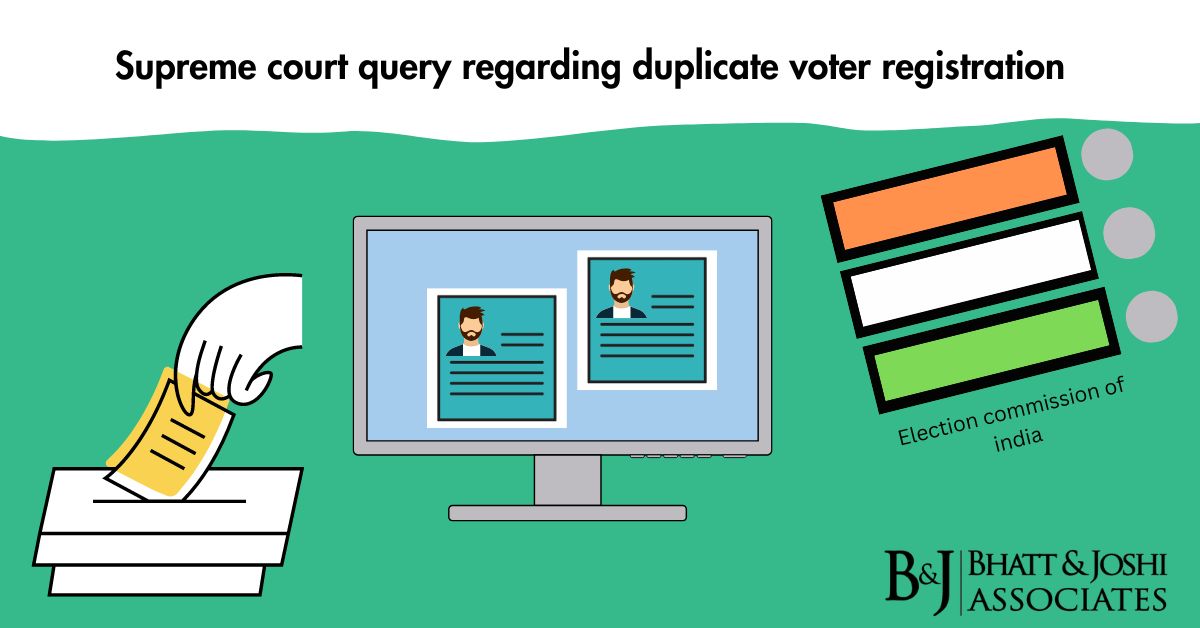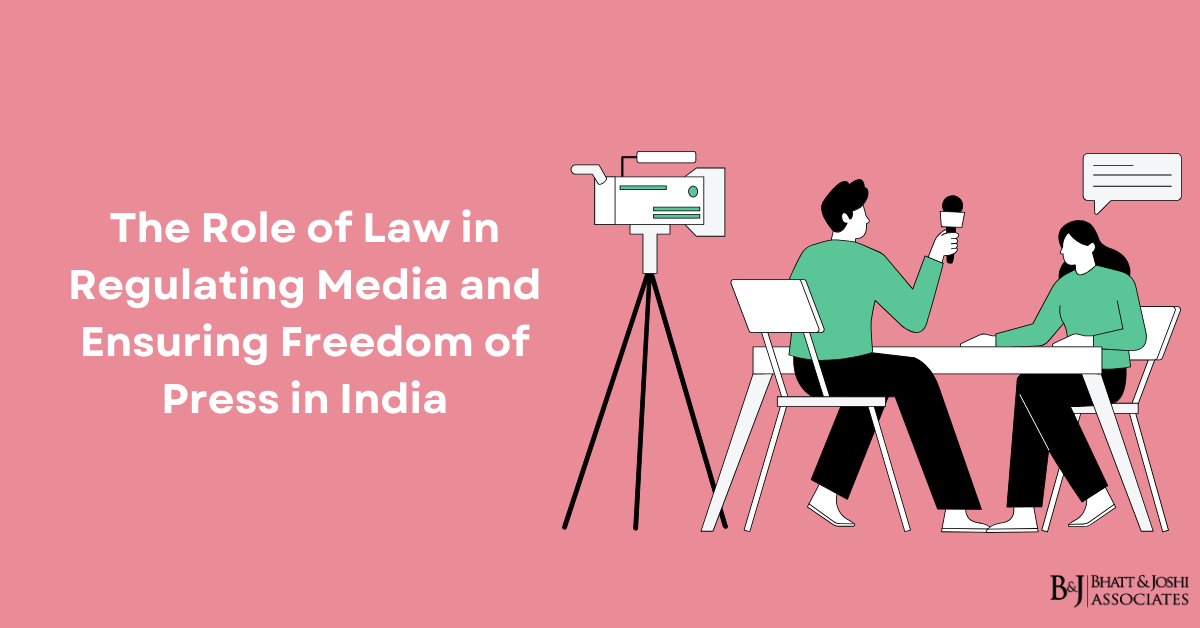Introduction
The Supreme Court of India has recently requested a response from the Election Commission of India (ECI) about the problem of duplicate voter entries in electoral records. The lawsuit, Samvidhan Bachao Trust v Election Commission of India (W.P. No. 1228/2023 PIL-W), initiated by a non-governmental organisation, raises concerns about the removal of duplicate entries and the lack of sufficient safeguards in the electoral process.
Essential Inquiries Given legal authority by the Supreme Court
Chief Justice DY Chandrachud, heading a panel of three judges, asked Amit Sharma, the standing counsel representing the Election Commission of India, two important issues. Initially, the court requested clarity regarding the methodology employed by the ECI to ascertain the presence of duplicate entries. Furthermore, the bench questioned about the procedure by which information regarding the demise of a voter is sent to the Election Commission.
Petitioner’s Argument Regarding Duplicate Voter Entries
Senior Advocate Meenakshi Arora, representing the petitioner, highlighted a crucial element of the case. When the Chief Electoral Officer distributes notices for the electoral roll update, the primary focus is on removing the names of deceased individuals or those who have relocated, without addressing the issue of duplicate entries. Arora highlighted the fact that the ECI has failed to address the problem of duplication in its counter-affidavit.
De-duplication Process and Grievances Related to Duplicate Voter Entries
Arora provided detailed information about the de-duplication process, highlighting the utilisation of computerization to detect and eliminate duplicate entries in the electoral rolls. Nevertheless, she voiced apprehensions over the execution of directives in practical situations. The lack of a designated category for “multiple entries” or “duplicate entries” in the guidelines provided to district officials in certain states, such as Uttar Pradesh, has prompted concerns regarding the sufficiency of data collecting.
Court Directives and ECI’s Response
The Supreme Court has instructed the ECI to submit a response specifically addressing the matter of district officers failing to mention duplicate entries during data collecting. The danger arises from the inclusion of voter names in electoral rolls, when the count of individuals who are deceased, relocated, or have duplicate entries surpasses the real number of people.
Conclusion on Duplicate Voter Entries
The case of Samvidhan Bachao Trust v Election Commission of India underscores the need of tackling the problem of duplicate voter registrations in electoral rolls. The Supreme Court’s intervention aims to obtain clarity regarding the methodologies utilised by the Election Commission of India (ECI) to identify duplicate voters and check their eligibility. The Election Commission’s reaction will be pivotal in safeguarding the integrity and precision of the voting process, as the final electoral rolls are scheduled to be released on February 8, 2024.














